What Are Ductile Iron Pipes?
Ductile iron pipes are a type of cast iron pipe known for their high strength, corrosion resistance, and long service life. Unlike traditional gray cast iron pipes, ductile iron pipes are engineered for superior flexibility and durability, making them ideal for water supply pipelines, sewage systems, and gas transportation networks.
As infrastructure demands increase, ductile iron pipes have become the preferred choice for municipal water systems, industrial pipelines, and even deep-sea applications. Their ability to withstand high pressure, resist corrosion, and provide excellent sealing properties makes them an excellent alternative to steel pipes and plastic pipes.
Why Choose Ductile Iron Pipes Over Other Pipeline Materials?
When comparing ductile iron pipes with materials like
PVC pipes,
galvanized steel pipes, and stainless steel pipes, several key benefits stand out:
Higher Strength: Ductile iron pipes have a tensile strength of over 420 MPa, significantly higher than PVC and even some steel pipe alternatives.
Excellent Corrosion Resistance: Their anti-corrosion coatings and internal linings protect against rust and environmental damage, making them ideal for underground and underwater applications.
Longer Lifespan: With proper installation and maintenance, ductile iron pipes can last over 100 years.
Better Sealing and Leak Prevention: The flexible joint system prevents leaks, even in shifting soils or earthquake-prone areas.
Key Advantages of Ductile Iron Pipes
1. Superior Strength and Durability
Ductile iron pipes can withstand high internal pressures, making them suitable for high-pressure water distribution systems. With a minimum tensile strength of 420 MPa and an elongation rate of over 10%, they outperform most traditional pipeline materials.
2. High Corrosion Resistance for Long-Term Use
To prevent corrosion, ductile iron pipes come with specialized coatings such as zinc-aluminum alloy, epoxy resin, or cement mortar linings. This ensures their longevity in harsh environments, including salty coastal regions and chemically aggressive soil conditions.
3. Excellent Sealing and Leak Protection
Flexible joints allow for axial movement of 3 to 5 degrees, preventing leaks caused by ground movement, seismic activity, or pipeline misalignment. This makes ductile iron pipes an excellent choice for earthquake-resistant infrastructure.
4. Cost-Effective and Easy to Install
While the initial investment may be higher than PVC pipes, the long-term benefits of ductile iron pipes outweigh the costs. Their ease of installation reduces labor and machinery expenses, making them more cost-efficient over time.
5. Wide Range of Applications
Ductile iron pipes are used in:
Municipal Water Supply: Ensuring clean drinking water distribution.
Sewage Systems: Handling wastewater and stormwater drainage.
Gas Transmission Pipelines: Safely transporting natural gas and industrial gases.
Firefighting Networks: Providing reliable high-pressure water supply.
Irrigation Systems: Delivering water for agricultural use.
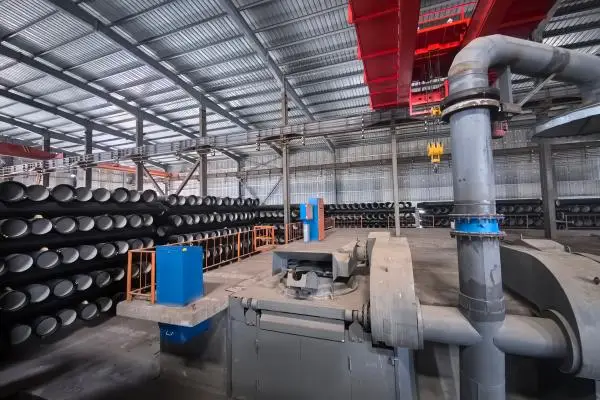
Common Issues and Limitations of Ductile Iron Pipes
Despite their advantages, ductile iron pipes have some limitations:
Heavy Weight Requires Machinery for Installation
Unlike lightweight materials such as PVC or HDPE pipes, ductile iron pipes require cranes or lifting equipment for installation.
Not Ideal for Extremely High-Pressure Applications
While ductile iron pipes perform well under moderate to high pressure, extremely high-pressure applications may require steel pipes or reinforced concrete pipes.
Leak Repair Requires Excavation
If a leak occurs, repairs involve excavation and lifting the affected pipe section to install clamps or couplings, which can be labor-intensive.
Ductile Iron Pipes vs. Gray Cast Iron Pipes
Ductile iron pipes are a significant improvement over traditional gray cast iron pipes. Here’s why:
|
Feature
|
Ductile Iron Pipes
|
Gray Cast Iron Pipes
|
|
Tensile Strength
|
420 MPa
|
200 MPa
|
|
Elongation Rate
|
>10%
|
<1%
|
|
Pressure Resistance
|
High
|
Low
|
|
Corrosion Resistance
|
High (coatings available)
|
Moderate
|
|
Seismic Resistance
|
Excellent
|
Poor
|
|
Installation
|
Requires machinery
|
Easier
|
Because of these superior characteristics, ductile iron pipes have become the go-to choice for water and gas pipelines worldwide.
Conclusion: The Best Choice for Infrastructure
Ductile iron pipes provide an unmatched combination of strength, durability, and corrosion resistance, making them the best choice for municipal water supply systems, sewage treatment plants, and gas transmission networks. Their long service life and minimal maintenance requirements ensure cost-effectiveness over time.
For engineers, contractors, and municipalities seeking reliable and high-performance pipeline solutions, ductile iron pipes remain the most trusted and widely used option in the industry.








 English
English Español
Español بالعربية
بالعربية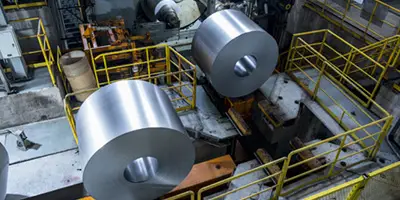
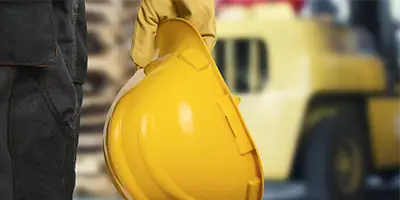
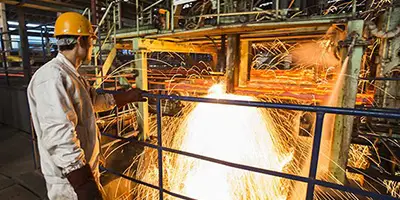
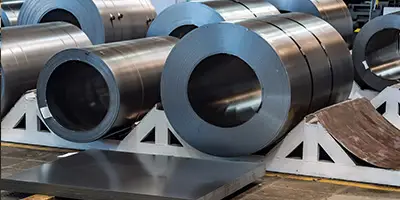

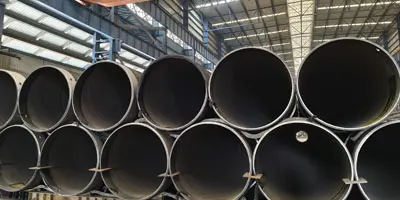
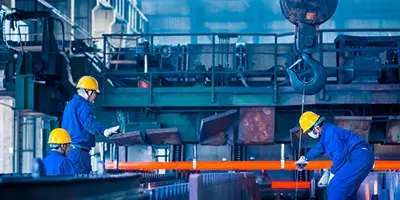
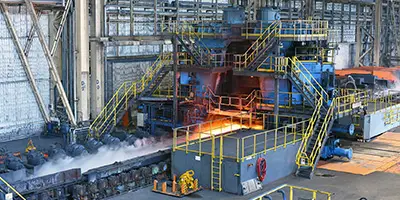
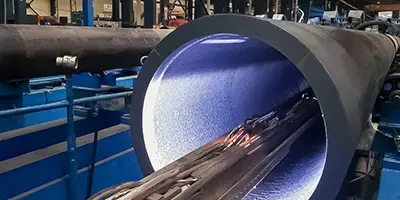
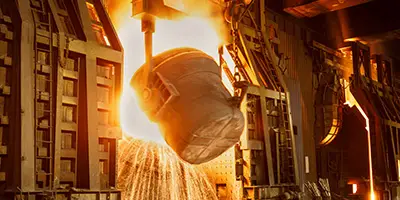
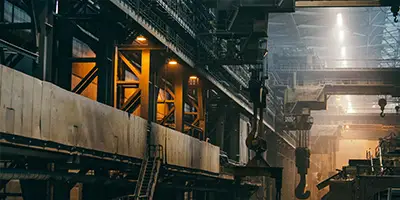

 Phone :
Phone :  Whatsapp :
Whatsapp :  Email :
Email : 


